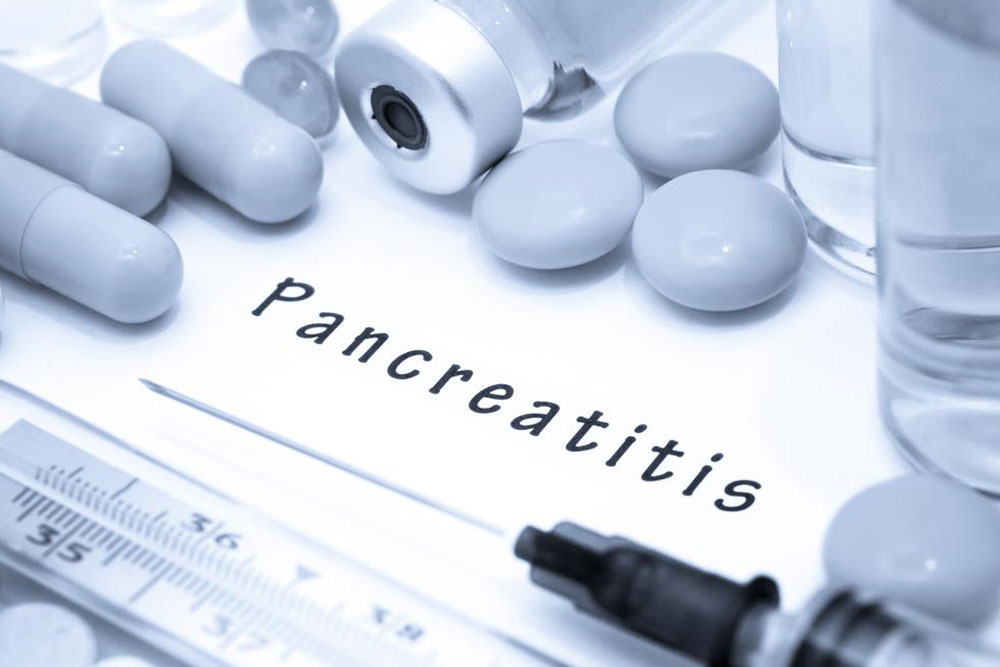Understanding the early signs and types of pancreatitis
Situated behind the stomach, the pancreas is a gland which releases essential digestive enzymes into the small intestine to facilitate the proper digestion of food. It also introduces hormones in the blood known as insulin and glucagon which determine how food and energy is processed.
Pancreatitis, on the other hand, is a disease in which the pancreas suffers from inflammation. This type of damage occurs when the digestive enzymes are stimulated before they are released in the blood.

Types and early signs of pancreatitis
There are two main kinds of pancreatitis, i.e., acute and chronic.
Acute pancreatitis This type of pancreatitis arises as a sudden inflammation that lasts for short span. The pain range for acute pancreatitis can be from minor to severe. Patients dealing with this health issue can recover completely with timely and appropriate medical intervention. In serious cases of acute pancreatitis, there can be internal bleeding, tissue damage, infections, cysts, etc. It can also end up damaging heart, kidneys, and lungs.
Some of the early signs of acute pancreatitis are
- Loss of appetite
- Vomiting
- Queasiness
- Fever
- Diarrhea
- Faster pulse rate
- Rapid fluctuations in the blood pressure
Chronic pancreatitis This pancreatitis type is an inflammation of the pancreas that lasts for a long time. Usually, it occurs after one endures acute pancreatitis. One of the major cause of chronic pancreatitis is unwarranted consumption of alcohol.
The early signs of chronic pancreatitis are similar to those of acute pancreatitis. Although, some of the additional signs that might be observed are
- Swelling in the abdomen
- Discomfort in the upper abdomen that spreads to the back
- Weight loss
- Onset of diabetes
Diagnosis and treatment of chronic pancreatitis
Most doctors will begin their diagnosis by gauging the levels of digestive enzymes in the blood. If high amounts of amylase and lipase (types of enzymes) are detected, then it implies the presence of pancreatitis. Your doctor may also suggest you to get tests such as MRI, CT scan, biopsy, glucose tolerance level test, x-rays, etc.
Depending on the severity of the case, treating pancreatitis might involve the use of prescribed medications and surgeries. Therefore, if you observe any early signs of pancreatitis, immediately seek medical help so that you can swiftly and effectively resolve the issue.
In most cases of pancreatitis is a result of alcohol abuse. So, the patient has to make long-term lifestyle changes such as quitting drinking or smoking and increase the nutritional intake. Doctors might recommend counseling and therapy in rare cases where a person is battling with alcohol addiction.